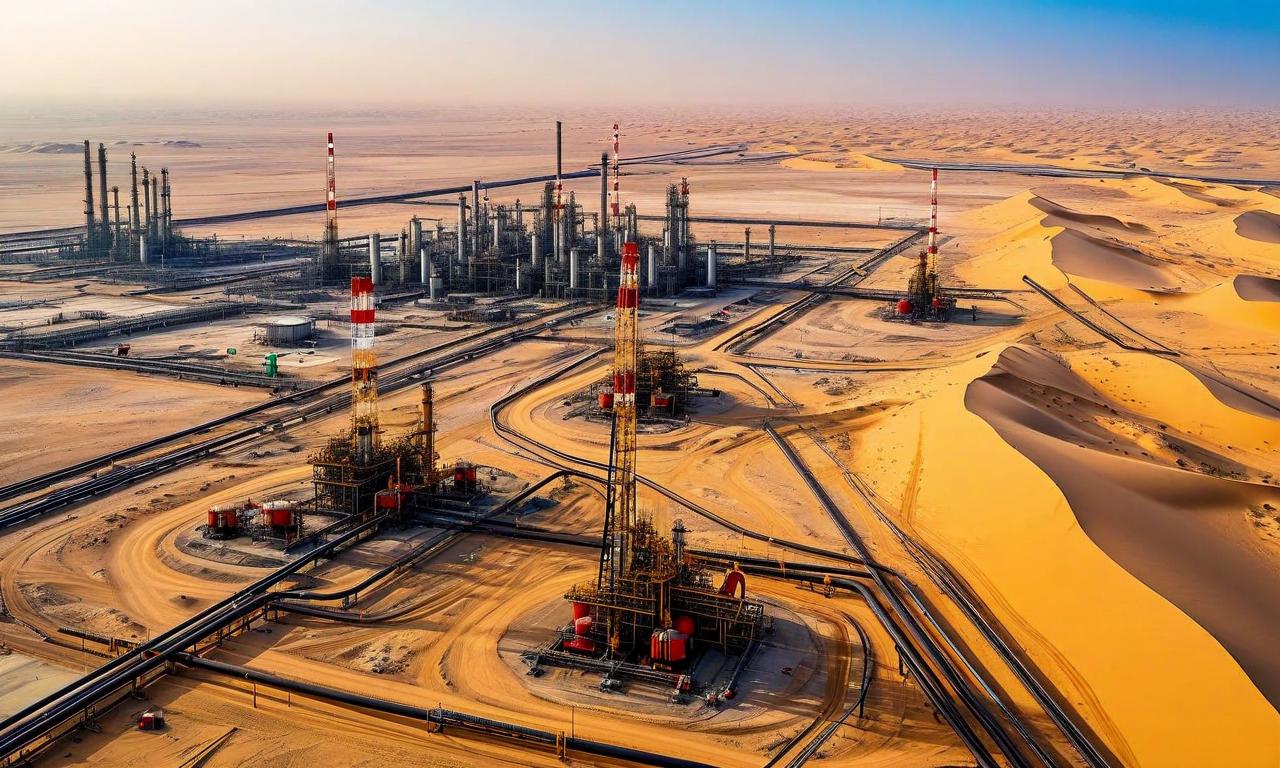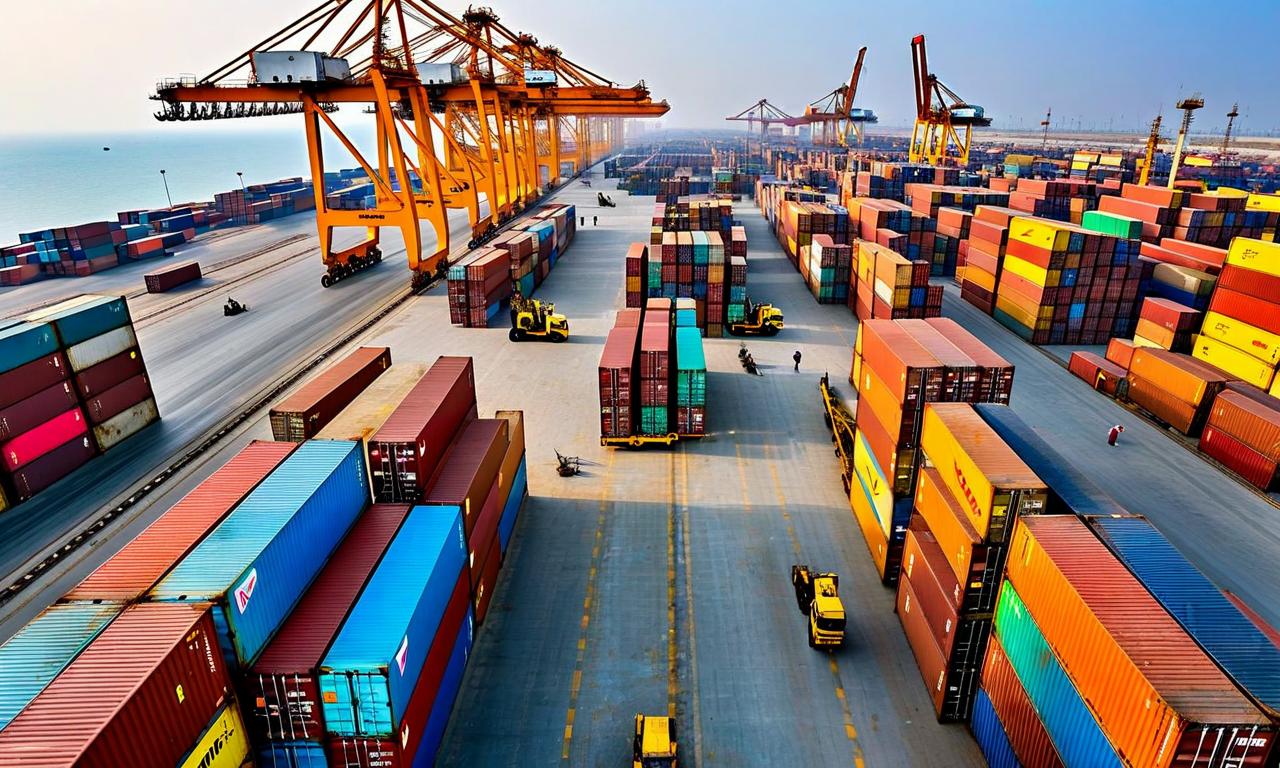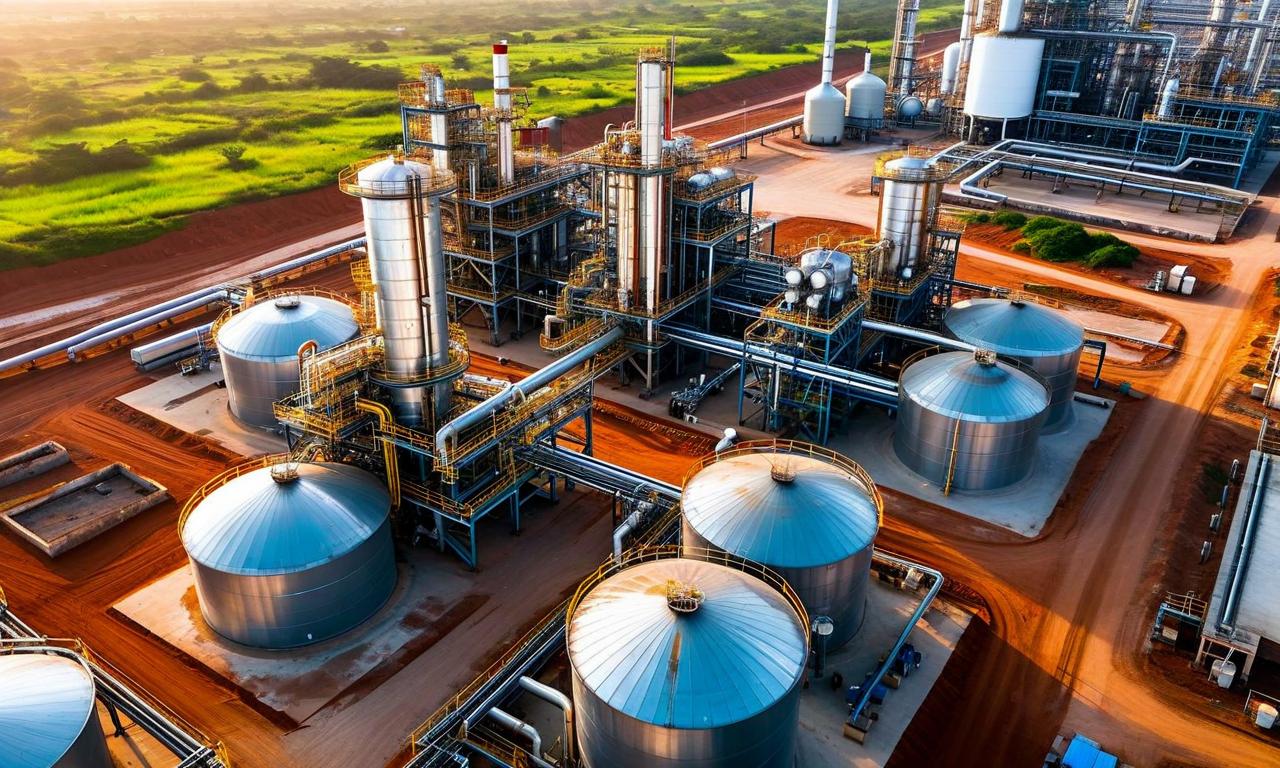Russia Falls Short of OPEC+ Crude Oil Production Target in August
Russia's crude oil production in August fell short of the target set by OPEC+ agreements, according to recent Russian data. This underproduction could impact global oil supply dynamics and potentially influence market balance and prices. The shortfall may lead to discussions within OPEC+ about compliance and future production targets. Factors contributing to Russia's inability to meet its quota could include technical challenges, Western sanctions, or strategic decisions.

*this image is generated using AI for illustrative purposes only.
Russia's crude oil production in August has fallen below the level set by OPEC+ targets, according to recent Russian data. This shortfall indicates that Russia did not meet its agreed production quota under the OPEC+ framework during the month, potentially impacting global oil supply dynamics.
OPEC+ Production Agreements
The Organization of the Petroleum Exporting Countries and its allies, collectively known as OPEC+, have been coordinating oil production levels to stabilize global oil markets. Russia, as a key non-OPEC member of this alliance, plays a crucial role in these agreements.
Russia's August Production
While specific production figures were not provided, the data suggests that Russia's crude oil output in August was lower than the target set by the OPEC+ agreement. This underproduction could have several implications for both Russia and the global oil market.
Potential Impacts
- Market Balance: Russia's failure to meet its quota could affect the overall balance of oil supply that OPEC+ aims to maintain.
- Price Implications: Depending on the extent of the shortfall, this news could potentially influence global oil prices.
- OPEC+ Dynamics: The situation may lead to discussions within OPEC+ about compliance and future production targets.
Factors to Consider
Several factors could contribute to Russia's inability to meet its production target:
- Technical challenges in oil fields
- Impact of Western sanctions
- Strategic decisions related to market share or pricing
Looking Ahead
As OPEC+ continues to navigate a complex global energy landscape, Russia's production levels will remain a key factor to watch. The group's ability to coordinate and adjust production among its members is crucial for its effectiveness in managing global oil supply and prices.
Market observers and industry analysts will likely be closely monitoring Russia's production data in the coming months, as well as any official statements from OPEC+ regarding member compliance and potential adjustments to production quotas.

























